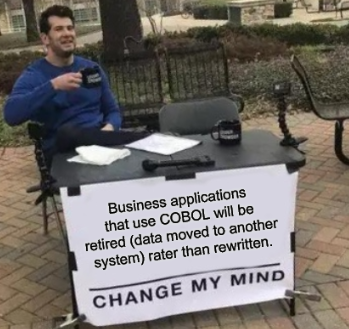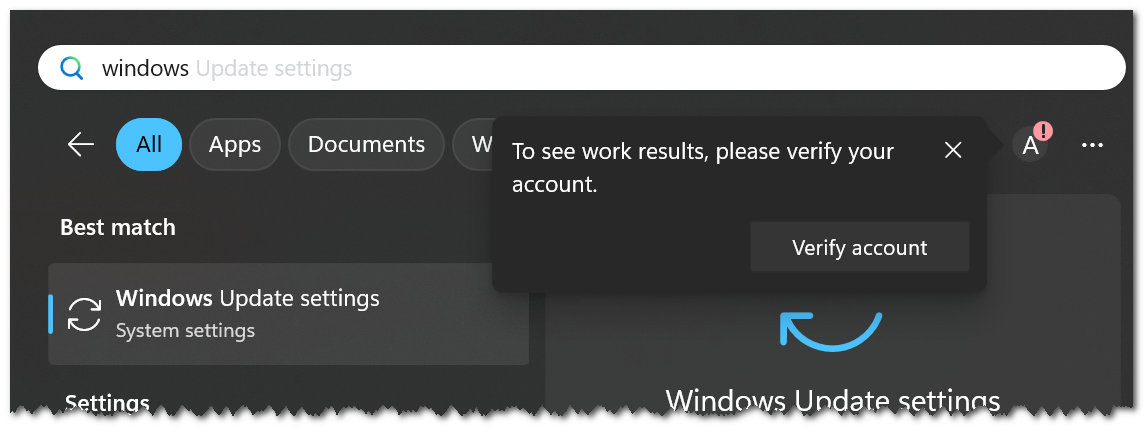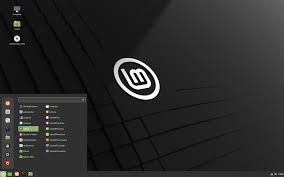Q: You know how to tell if somebody uses linux?
A: Don't worry, they will tell you.
I'm having another conversation in a group chat where I probably really sound obnoxious.
Someone shared this video
and this guy just strikes me as frustrating.
He complained about having to use command line a bunch, but he also seems to know nothing about what the package manager / software center is, which is something desktop Linux users should learn about in the first couple days of heavy use at the latest, or before the install even when looking through tutorials. It's a key piece of software that elevates user friendliness.
The other gripe I have about his rant on the command line is that he said he's basically made a couple backup servers and uses the software
WINE. Server specific distros that I've tried out haven't had GUIs at all, nothing else needs to be said about that as that obviously would be a terrible thing for a novice to start with. I haven't attempted to use the WINE software lately, but I remember that being a really finicky piece of software that isn't user friendly on it's own, and I would recommend other software that improves it's user friendliness like
Crossover, or other WINE frontends (a Google search shows
WineGUI,
Bottles).
So he is clearly still a Linux novice, dealing with the kinds of things that people dealing with any new operating system deal with, making less educated decisions about what niche software to use and how to manage it, but I felt like he presented himself as someone who knows what he's doing. Someone completely new to Linux watching the video would get the wrong impression about what it's like.


















![Craft A Brew - Safale S-04 Dry Yeast - Fermentis - English Ale Dry Yeast - For English and American Ales and Hard Apple Ciders - Ingredients for Home Brewing - Beer Making Supplies - [1 Pack]](https://m.media-amazon.com/images/I/41fVGNh6JfL._SL500_.jpg)












































